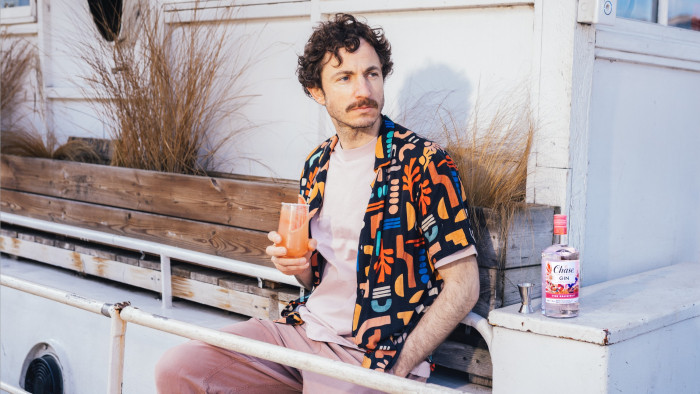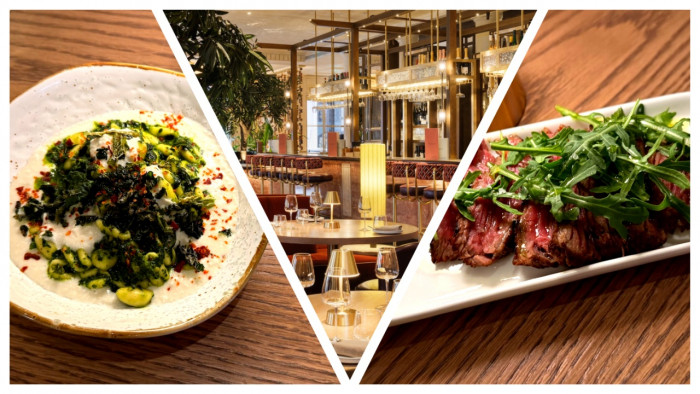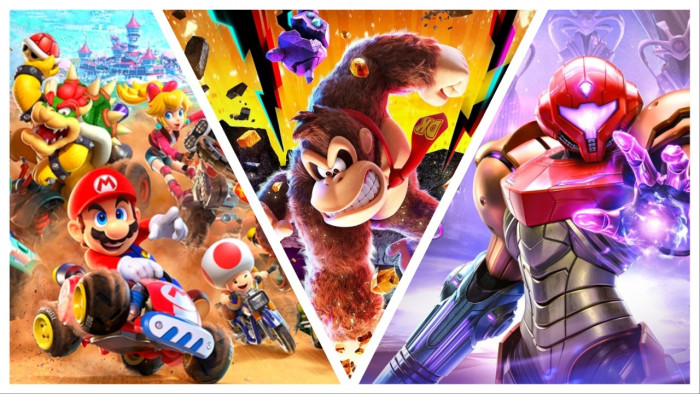Drugs, disease and dead bodies: How I survived a Thai prison
Billy Moore spent three years in two of Thailand’s toughest prisons. This is his story


Billy Moore spent three years in two of Thailand’s toughest prisons. This is his story
“If there is a Hell, this must be what it looks like.” My first thought entering my cell at Chiang Mai Central Prison in December 2007.
The room, about 25ft by 15ft, was nowhere near big enough for the 80 prisoners locked inside. There were no beds, so everyone lay like sardines on the floor. It looked like a mass grave. The smell of human faeces was so overwhelming that I wanted to vomit. Then I noticed a body lying motionless on a brown-stained mattress, insects dancing around him. When I dared to look closer, my worst fears were confirmed. I was told he had died the evening before.
I spent that night lying wedged between the corpse and a transgender prisoner, Tiffany. Tiffany was nice, and the only one who spoke English. They offered me a cigarette and said, “I like your blue eye.”
This was the first day in my new, rat-infested home. They welded 8kg leg irons round my ankles, fed us only once a day and never turned the lights off. I didn’t see darkness for the next three years.
I’d moved to Thailand in 2005 to learn the art of Muay Thai kickboxing and had become an instant hit on the country’s fighting circuit. It had gone so well that I was even drafted in as a stuntman on Rambo 4, alongside Sylvester Stallone. But in 2007 I had a terrible motorbike accident, ripping my stomach open, crushing my ribs and puncturing a lung. Prescription painkillers turned to heroin and yaba (a strain of methamphetamine) and, before long, I was addicted. I soon fell in with Chiang Mai’s criminal underworld and my life spiralled out of control, fighting on the underground boxing scene and dealing drugs to supplement my income.
I started to get paranoid. I was buying guns and had a room full of weapons. In late 2007, I was sentenced to three years in prison for gun possession and handling stolen goods.

I’d been in prison before in the UK, but that was the Ritz compared to where I was now. The food, for a start, was appalling. It was always rice and some meat – maybe a chicken’s head with the eyes intact, or snake. I ate everything. What choice did I have? I was thousands of miles from home and had lost touch with my family. I began to feel incredibly isolated.
The food was nothing compared to the violence. The place was beyond lawless. There were inmates wearing guards’ shirts with batons and keys, who’d been hired by the wardens to control the prisoners. They basically just beat, bullied and corrupted everyone. In Chiang Mai, life had no value and I witnessed a lot of rape and murder.
Once, a young Thai of about 25 ran past me, his face pure terror. Suddenly his pursuer hurled a metal chair. It struck him on the head and he fell with a thud. Another man appeared with a nine-inch knife and a crowd gathered, including guards. He plunged the knife into the young Thai’s flesh more than 50 times. It wasn’t done in a frenzy; it was slow, cold and calculated. The young man’s screams still haunt me.
If HIV, TB, dengue fever or hepatitis didn’t find you, the gangs would. As a ‘farang’ (foreigner), I was a constant target. The worst gang was known as the Samurais – a group of HIV-infected inmates who would make syringes from pens, taking them apart and using the sharp end to take out their blood. That’s what they’d use to intimidate people.
Drugs weren’t hard to come by and I was using a lot. Early on, I fell into debt with the Samurais over some crystal meth. One day they pinned me to the ground and held a blood-filled syringe to my throat. “You’ve got one day to give us our money or we’re infecting you with HIV,” the ringleader told me. I was terrified.
By a stroke of luck, the Christian missionaries, who came once a month, were due to see me that day, I begged them to help me. They asked me if I believed in Jesus. I said, “If you pay this debt, I’ll believe in anything you like.” They did and I was saved.

That was the moment I decided to stop using and start living, but I needed protection. One of the guards put in a good word for me with the boxing team, who had their own cell. They let me in.
The Thai boxers were suspicious of me at first – it was rare for a foreigner to fight in the prison. But they let me on the punchbag in exchange for cigarettes, and I soon proved I could fight. I came off the drugs and focused on training. One of the fighters, a good guy called Pi Chet, wanted to learn English, and taught me Thai in return. We concentrated on five words a day and eventually he taught me how to read and write. It helped me understand their needs and let them understand mine. It probably saved my life.
Soon, I was fighting on the prison circuit. The charity Prisoners Abroad also started sending me money, which I used to buy better food. It gave me the spark that I needed. I’d seen people stab themselves in their necks to end this nightmare, and I decided that that would not be me.
After eight months in Chiang Mai, I was transferred to Klong Prem Prison in the capital. There, life had even less value than in Chiang Mai. They didn’t even have a boxing team for me to join. I had two years left to serve and I was lost. I needed friends.
At first, like before, I got a lot of threats of rape and violence. But because I’d had my ear bitten off years ago and scars everywhere, it wasn’t long before the rapists started leaving me alone. I just didn’t stand for it.
There was an ecosystem of organised crime. Each gang had its own area. First, the HIV-infected Samurais, like those in Chiang Mai, but worse. They sold the drugs, crystal meth mostly. Then there were the Nigerians, who bought medication cheap and sold it on in bulk. And finally, there were the Muslims, the money lenders of the prison. They were not to be messed with.

Now I was no longer using drugs, I became desperately hungry. One day, I noticed a group of Muslims eating what looked like good food. They must’ve seen me staring longingly as they invited me over. I can’t describe the joy of feeling full after so long with an empty stomach. I asked them if I could come back the next day but they said the food was for the Muslim Brotherhood only.
The following day I got hold of a skull cap and told them my name was Yusef Mohammad. They didn’t bat an eyelid, just fed me. I kept returning after that.
For the next year I lived as a Muslim. They knew I was blagging it, but welcomed me all the same. They showed me a side to Islam that I knew nothing about – one of generosity, compassion and comradeship. Finally, I no longer felt alone in the world. And that is a feeling that no money can buy.
On 30 March 2010 I was transferred to Wandsworth Prison to finish my sentence as part of a deal with the British government. It was like a holiday compared to where I’d been. You got TVs in your cell and people were moaning about their chips being cold. I’d say, “At least it’s not a chicken’s head…”
I saw things in Thailand that you couldn’t make up in you worst nightmares. But what helped me get through it was the realisation that I’d spent too much of my life just surviving. I decided I wanted to live. That’s why I started writing down my experiences in Klong Prem, which turned into a book and is now also an upcoming film. To this day, the things I’ve seen still haunt me.
But I’m a better person because of the experience. Though sometimes, even now, I sleep better with the lights on.
A Prayer Before Dawn is out now (Maverick House)
Photographs: Getty Images, Aaron Joel Santos
Latest
Related Reviews and Shortlists









